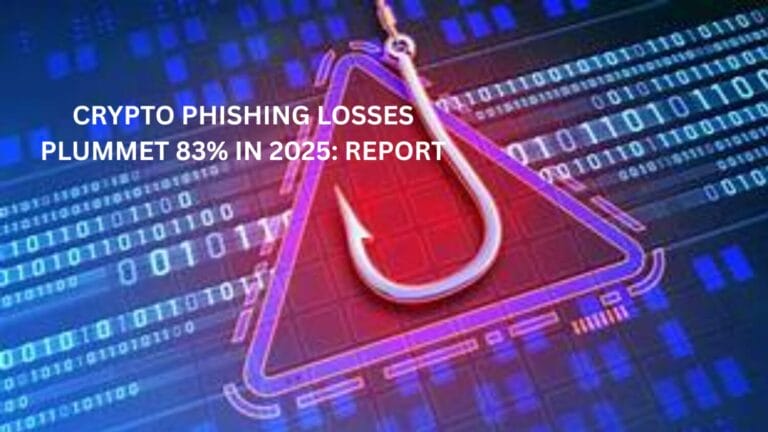Key Takeaways
- The central issue in the dispute is whether crypto should be classified as securities under U.S. law.
- Coinbase’s petition states that the buyers and sellers on its platform are matched through an anonymous bidding process, with no ongoing commitment or obligation once the transaction is complete.
Coinbase has petitioned the Second Circuit Court of Appeals to rule on whether crypto trading on its platform should fall under U.S. securities laws.
In a filing on January 21, 2025, Coinbase’s legal team urged the court to address the fundamental legal question of whether digital assets, when traded on secondary markets, are considered securities.
The central issue in the dispute is whether crypto should be classified as securities under U.S. law. Under securities law, stocks and bonds are regulated by the SEC, which ensures investor protection. If digital assets are classified as securities, platforms like Coinbase would face the need to register as securities exchanges, triggering substantial compliance obligations and restrictions.
Coinbase argues that the trades conducted on its platform do not meet the criteria outlined in the “Howey test,” a framework the U.S. Supreme Court established in 1946 to determine whether a transaction qualifies as an “investment contract.”
The exchange contends that crypto transactions on its platform are simply sales between anonymous buyers and sellers, with no promise of profits or shared enterprise, which are key elements in determining an investment contract. Coinbase’s petition states that the buyers and sellers on its platform are matched through an anonymous bidding process, with no ongoing commitment or obligation once the transaction is complete.
In 2023, the SEC sued Coinbase, alleging that the platform was operating as an unregistered securities exchange, broker, and clearing agency.
The SEC’s case is based on the assertion that Coinbase’s operations involve the trading of unregistered securities. Coinbase has consistently argued that its transactions do not fall under securities laws, as the trades involve the direct sale of digital assets, not securities like stocks or bonds.
In its filing, Coinbase emphasized that resolving this issue is critical for the crypto industry, which has faced increasing scrutiny and enforcement actions, particularly under the Biden administration. The company argues that the case presents an ideal opportunity for the Second Circuit to provide clarity on whether digital assets are considered securities in the secondary market, which would have far-reaching consequences for the regulation of crypto trading platforms.
In January 2025, a federal judge in New York allowed Coinbase to appeal the issue directly to the Second Circuit Court, halting the SEC’s lawsuit for the time being. The judge acknowledged that conflicting decisions in other similar cases, such as those involving Ripple Labs and Terraform Labs, have created confusion regarding the classification of digital assets.
Coinbase’s petition comes at a time when the SEC’s leadership is shifting. Acting Chair Mark Uyeda, appointed during the Trump administration, recently announced the formation of a cryptocurrency task force under Commissioner Hester Peirce, who is known for her pro-crypto stance.









